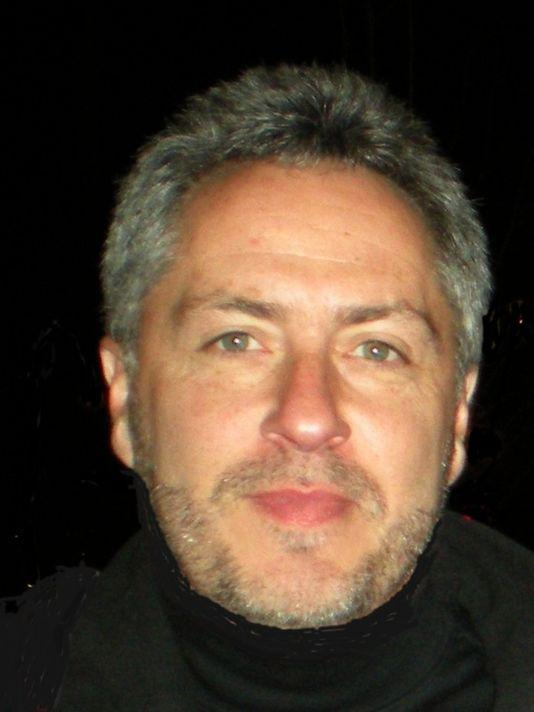|
Why "Spotlight" film isn't yesterday's news
By Bill Lahay
When I was younger, I never understood why some non-Catholics griped about the ritual I knew as “going to confession.” It wasn’t the ’fessing up part that bothered them, but how easily one could get off the hook afterward. Declare your contrition, promise better behavior, say a few Hail Marys, and move on. Back then I didn’t dwell on it, but the critics were right. No priest ever demanded anything of me but these simple gestures of repentance. None told me to make restitution or to right the wrongs I had inflicted upon others. Instead, penance was painless and even self-serving, a quick way to press the reset button on my soul. That such a casual effort could constitute “rehabilitation” explains a lot about the church’s response to the sexual abuse of children by Catholic clergy, with victims in the U.S. alone estimated to number more than 100,000. The abuse and subsequent cover-ups are the subject of the film "Spotlight," which chronicles the Boston Globe’s 2001 investigation into the local archdiocese and its top cleric, Cardinal Bernard Law. For me and other clergy abuse survivors, the film deserves credit for conveying the existential punch-in-the-gut that we experienced when a priest’s hand — the same symbolic hand of God that baptized us as infants — ended up down our pants. Predictably, not everyone is keen on "Spotlight" revisiting the subject matter. Catholic media and apologists have mostly dismissed the issue as yesterday’s news. “It’s time to move on,” says one. Another insists “the crisis is mostly past.” Well, yes, except that it isn’t. For starters, priests and bishops facing credible allegations of abuse or enabling remain in active ministry. Looming just as large are countless survivors who, decades after the fact, still can’t talk about their experience without weeping. The lucky ones have scar tissue; for others, this is an open wound that half a century of living has not healed. Catholic officials and loyalists point to new “zero-tolerance” policies (still not enforced) and other administrative changes, but most remain detached as ever from the living human carnage their beloved institution has created. This detachment has a long history. Thomas Doyle, a whistleblower priest mentioned in the film, has documented the abuse issue for 30 years. Among his finds is a 1957 exchange of letters between a bishop (seeking placement of an abuser) and the director of a Church-run treatment center for problem priests; the bishop refers to the priest’s “scandal-causing escapades” and expresses hope that the treatment center can cure him before he is re-assigned. The director, himself a priest, is enlightened enough to recommend permanent removal from ministry, but he echoes the bizarre use of harmless euphemisms to mask the reality beneath. He will accept the “unfortunate padre” despite his “unlovely interpretation of the priesthood,” as long as the priest discontinues the behavior that has “wrecked his life.” Wrecked his life! Neither man makes more than a passing abstract mention of the victims themselves. Fast-forward to 2015, and the Church’s tone-deaf response toward both the crimes and victims still lingers, the habit of seeing scandal rather than tragedy. For the record, at issue is the felony rape and coercive sexual abuse of children, along with the systemic and deliberate suppression of evidence. We’ll never get close to healing the damage if we can’t even call the crime what it is. The church thinks in centuries, observes an attorney in "Spotlight." I agree, which makes me wonder if they are just trying to wait this out. Pope Francis has been a refreshing pontiff, a compassionate champion of the poor and marginalized, but thus far on this issue he has done little more than his Vatican predecessors. The occasional “mea culpa” or brief meeting with a few survivors represent the same easy repentance I knew as a schoolboy confessor, and they are almost as meaningless. So, here’s a prescription for church reforms that could prevent abuse and might actually let us all move on: Remove immediately all credibly accused priests from ministry and complicit bishops from office. Stop fighting victims who seek recognition and justice through the courts. Release the evidence records in your archives. Stop lobbying against statute-of-limitation reforms aimed at accountability. And without being forced, compensate victims fairly for the lives that were stolen from them as children. Admittedly, this list is tough penance, as it should be. It will involve great disruption within the church and cost many millions of dollars. Still, there are worse fates, and anyone who really grasped the devastation of abuse victims would know that. Contact: blahay@msn.com
|
.
Any original material on these pages is copyright © BishopAccountability.org 2004. Reproduce freely with attribution.
